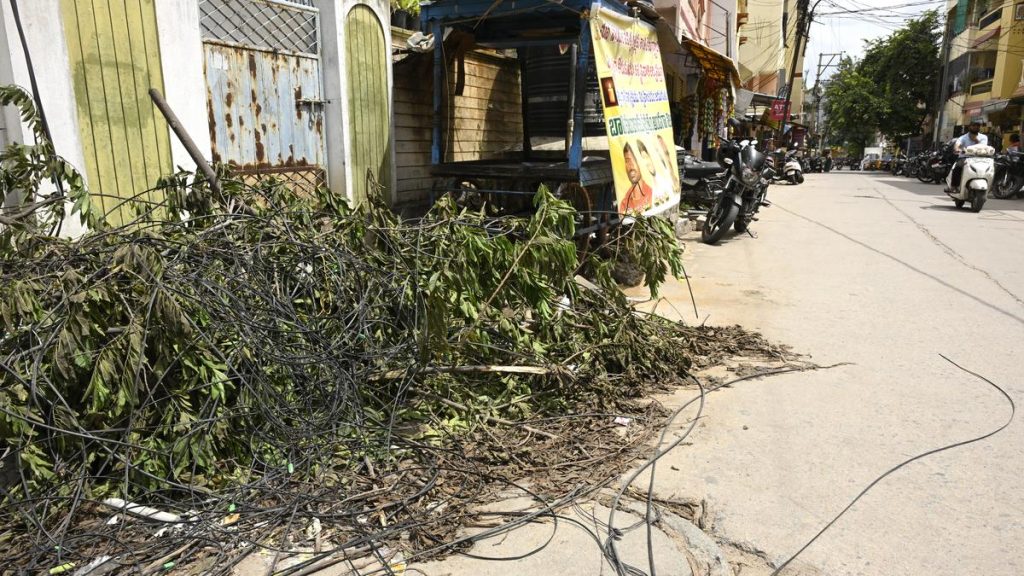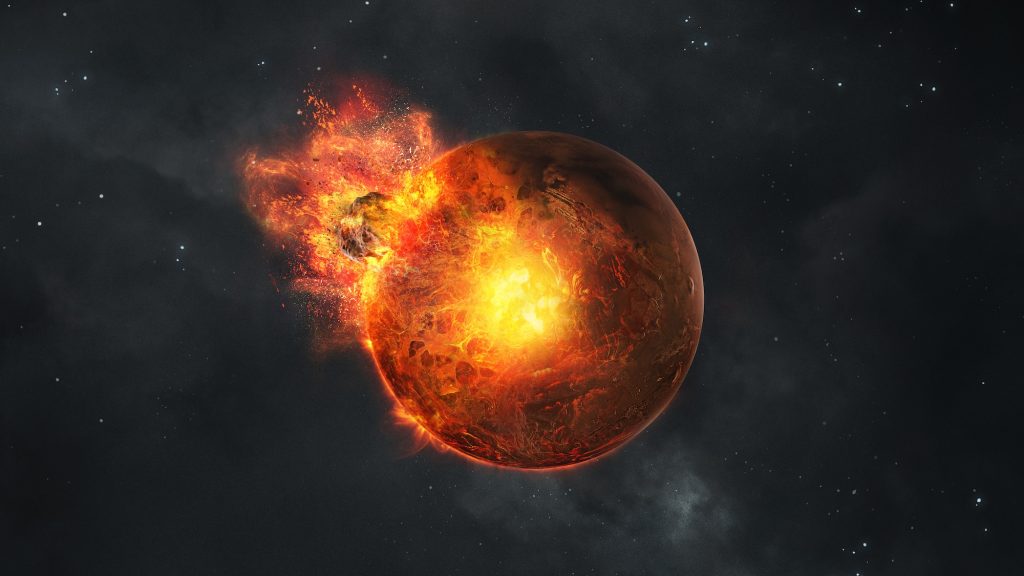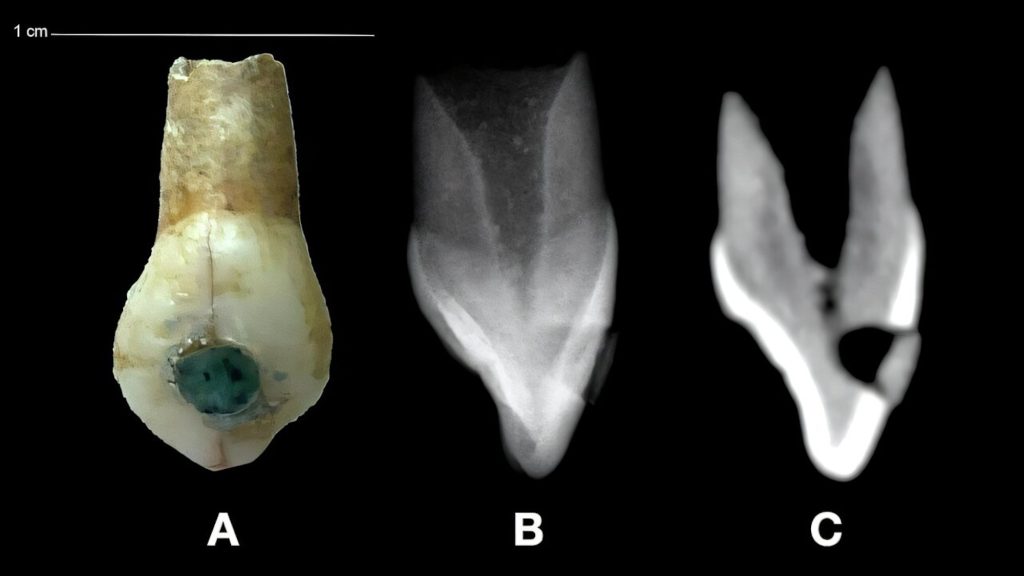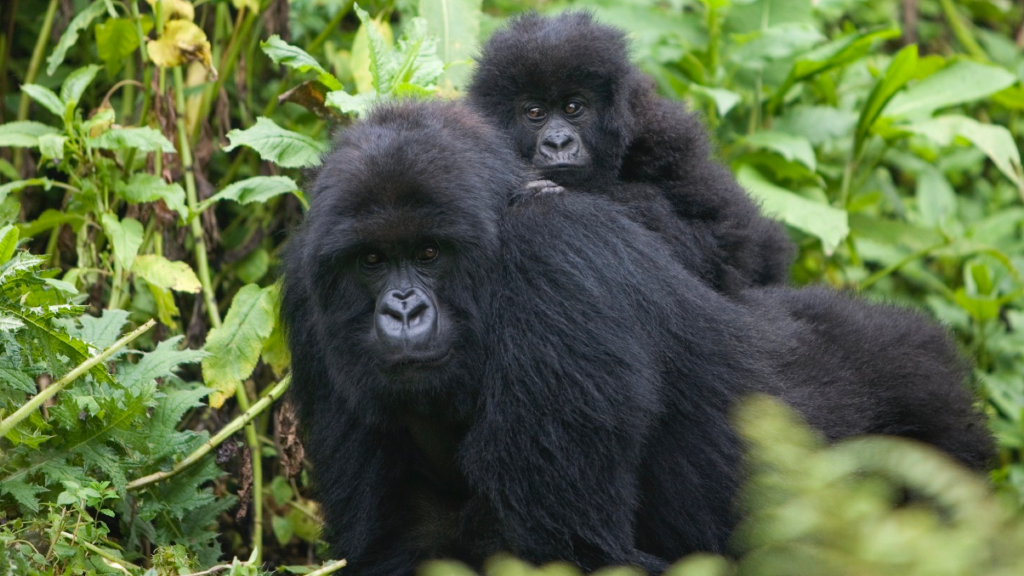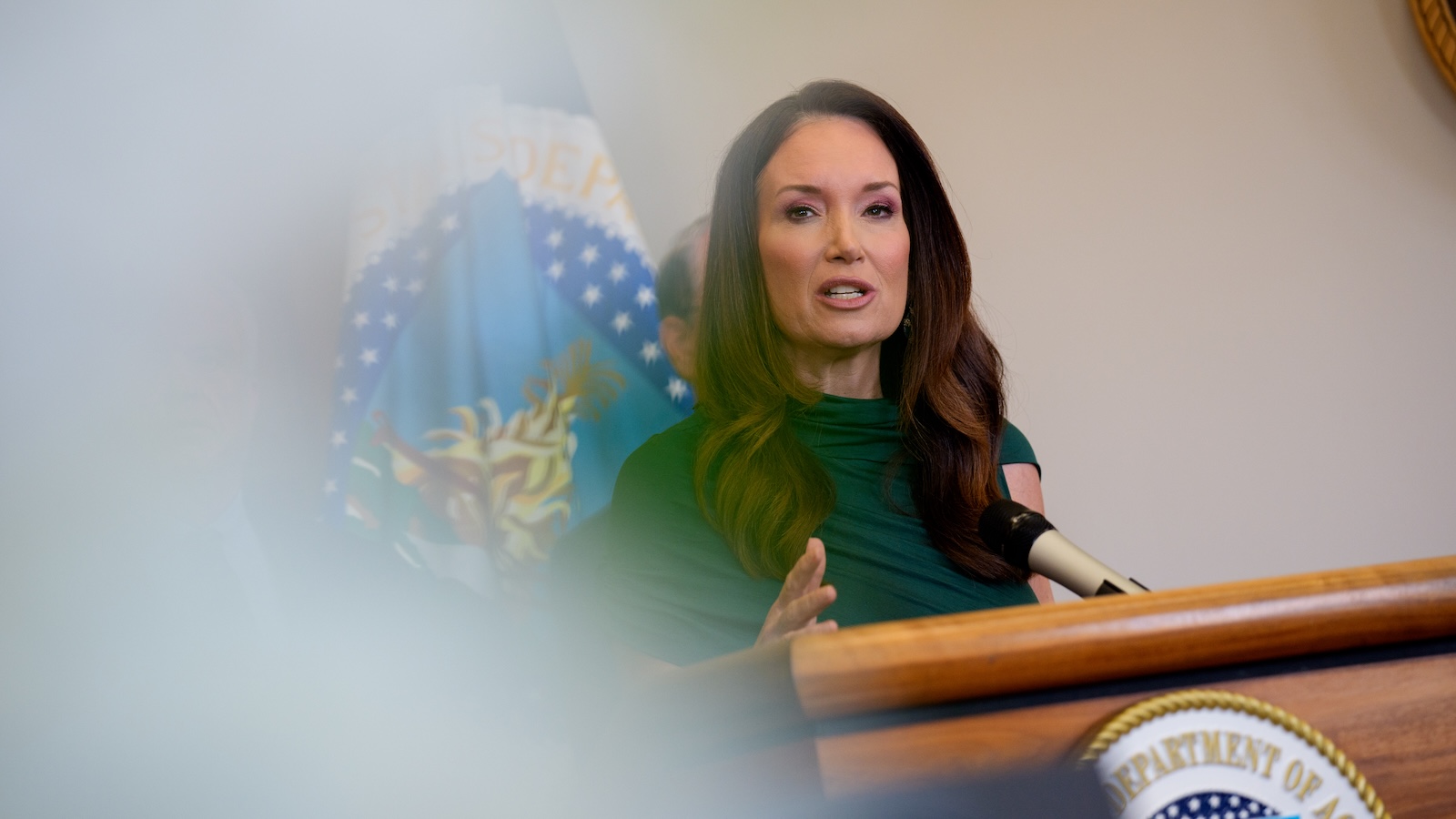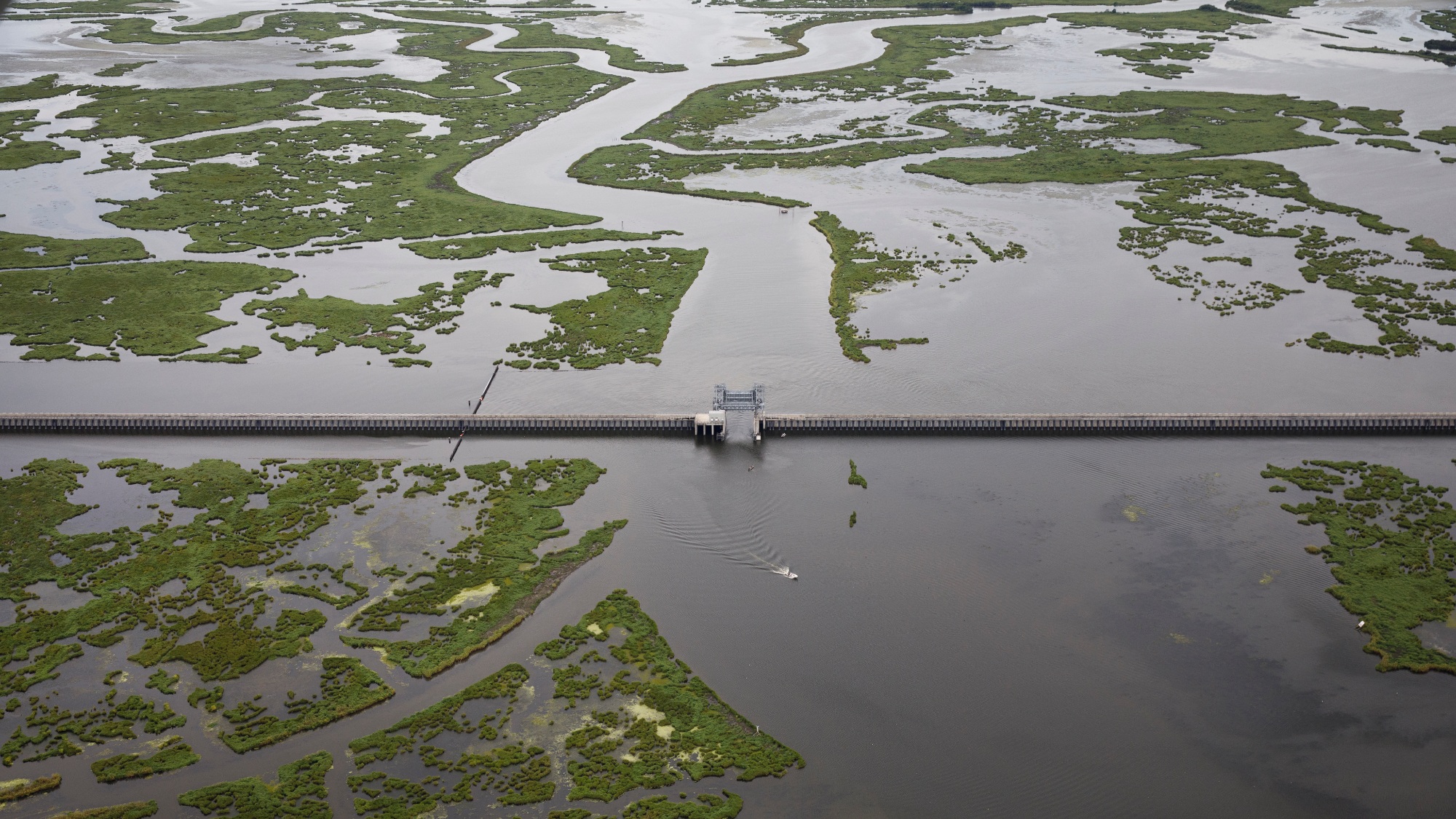Now Reading: US Government Seeks to Reignite Climate Change Discussion
-
01
US Government Seeks to Reignite Climate Change Discussion
US Government Seeks to Reignite Climate Change Discussion
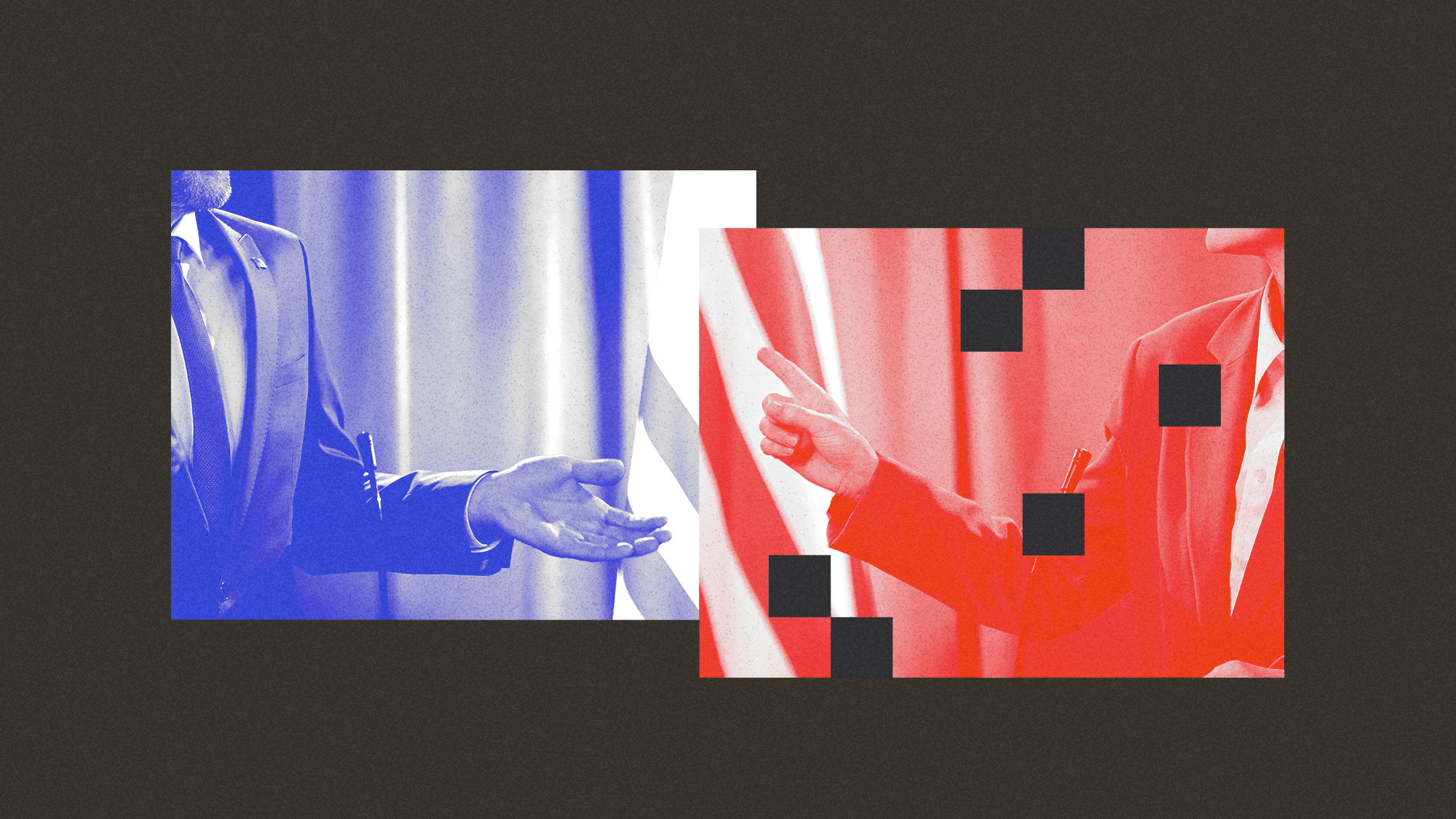
Speedy Summary
- A 2007 NPR debate over whether climate change was a crisis showcased earlier public skepticism, despite scientific consensus.
- A new U.S. Department of Energy (DOE) report, led by Trump-appointed Energy Secretary Chris Wright, claims climate change is “a challenge – not a catastrophe.”
- The DOE report acknowledges human-caused warming but argues impacts are overstated and frames carbon dioxide as beneficial for plant growth.
- Critics accuse the DOE of selective data use and mischaracterization; Carbon Brief identified over 100 inaccuracies in the report.
- Environmental groups have filed lawsuits alleging that input from skeptics such as John Christy and Judith Curry improperly influenced U.S. policy processes.
- Observers suggest such actions may revive outdated “climate debates,” creating false equivalency between mainstream science and skeptic viewpoints.
Indian Opinion Analysis
The attempt to reframe the global climate discussion reflects continued challenges in generating consensus around responses to this pressing issue. Although adversarial approaches like “red team, blue team” exercises aim to rigorously test ideas, applying them to well-established scientific realms risks undermining decades of consensus-building achieved through evidence-based inquiry. For India-a country vulnerable to climate impacts like rising temperatures and erratic monsoons-such distractions could hinder collaborative global action crucial for addressing shared challenges such as food security or renewable energy expansion. Engaging constructively rather than polarizing further will be critical for developing cohesive solutions.


